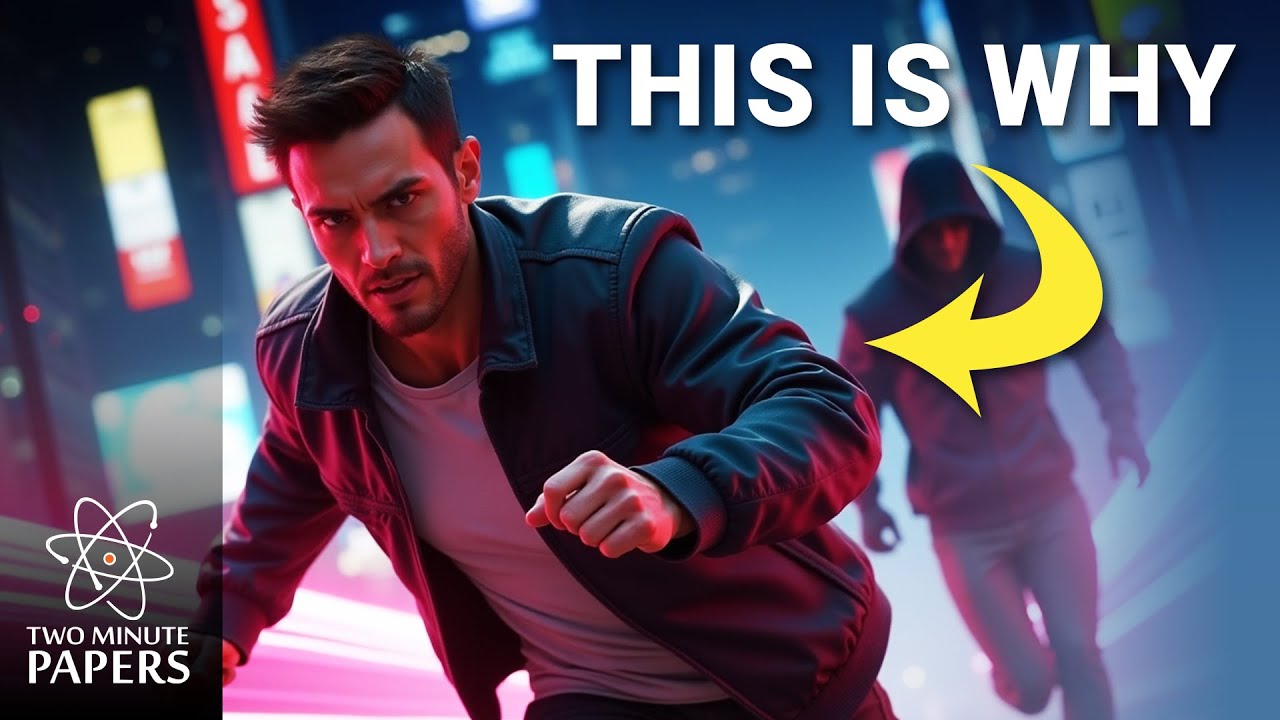The video discusses groundbreaking research from OpenAI that reveals how generalist AI systems, which learn independently across multiple tasks, can outperform specialist AI trained extensively on a single task. This shift in focus from specialized training to fostering general intelligence through autonomous learning has profound implications for the future of AI development and its applications in various fields.
In the video, the host expresses excitement and nervousness about discussing a significant paper from OpenAI that reveals groundbreaking insights into artificial intelligence. The focus is on how traditional methods of programming AI to play games often limit their potential. Historically, AI systems were given explicit instructions or taught strategies, which could hinder their ability to discover optimal strategies independently. The host introduces a game called “You Shall Not Pass,” demonstrating how an adversarial agent can manipulate its opponent into making mistakes by doing nothing, highlighting the importance of allowing AI to learn autonomously.
The video then transitions to a comparison between specialist and generalist AI systems. Traditionally, one would expect a specialist AI, trained extensively on a single game, to outperform a generalist AI that has only a basic understanding of that game but has experience across multiple games. However, the surprising outcome of experiments shows that the generalist AI can outperform the specialist, akin to a versatile athlete defeating a specialized one. This revelation challenges conventional wisdom about training AI and suggests that broader learning experiences can lead to superior performance.
OpenAI’s research extends beyond gaming to programming tasks, where they tested their AI systems on various challenges. The results showed that while a specialist AI performed exceptionally well, a generalist AI that learned independently achieved even better results. This finding is significant because it indicates that an AI’s ability to transfer knowledge from one task to another can enhance its overall intelligence and problem-solving capabilities. The host emphasizes that this approach could revolutionize how AI is developed and applied across different fields.
The implications of this research are profound, suggesting that we do not need to burden AI with complex strategies or extensive human-taught knowledge. Instead, allowing AI to learn from its experiences and discover strategies on its own can lead to remarkable advancements. The host envisions a future where such AI systems could contribute to solving complex problems, such as drug discovery and personalized education, showcasing the potential benefits of this new approach to AI development.
In conclusion, the video highlights a pivotal moment in AI research, where the focus shifts from specialized training to fostering general intelligence through independent learning. The host encourages viewers to consider the broader implications of this research and invites them to share their thoughts on potential applications for such advanced AI systems. The message is clear: the age of AI is upon us, and the possibilities for its use are vast and exciting.
